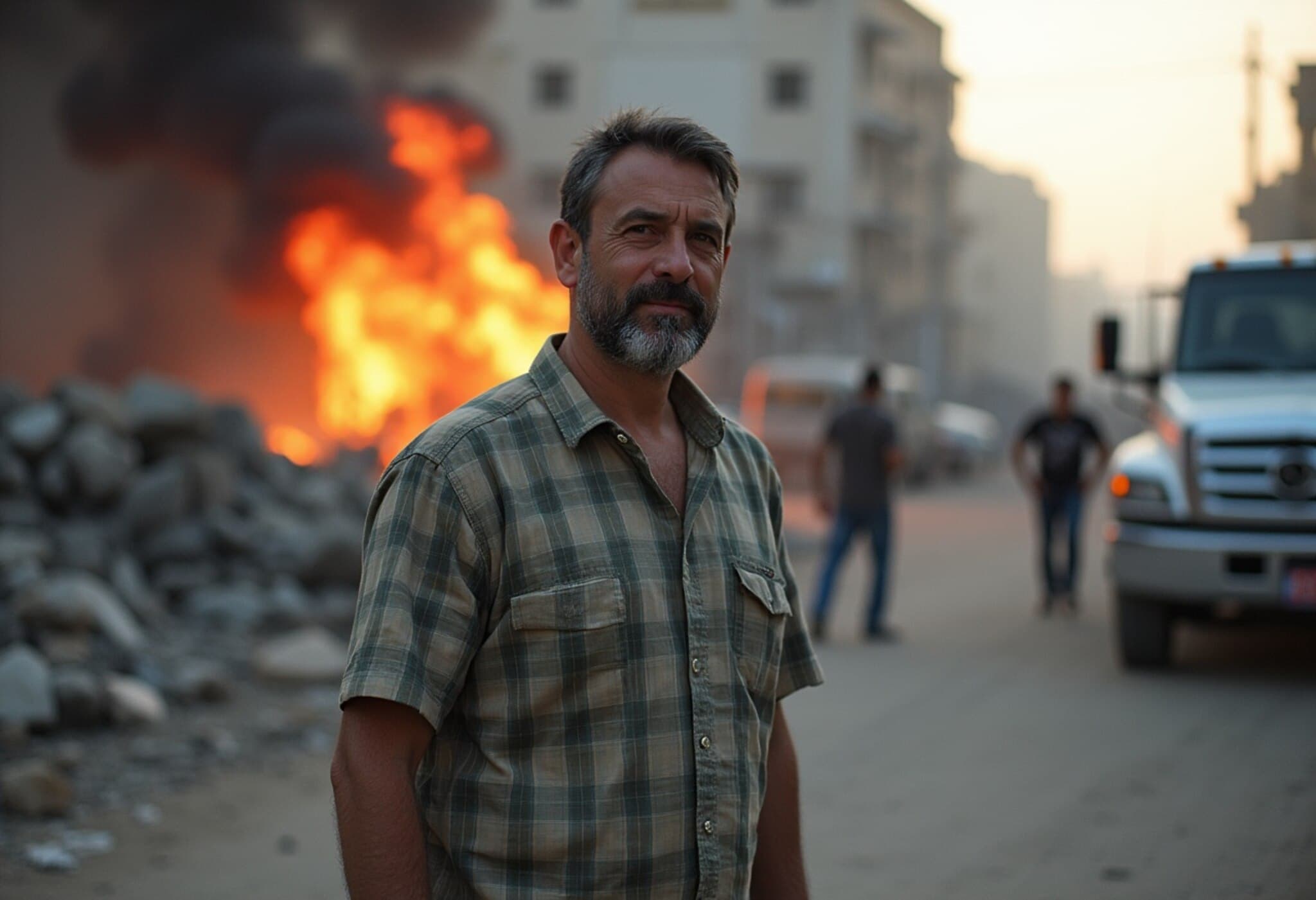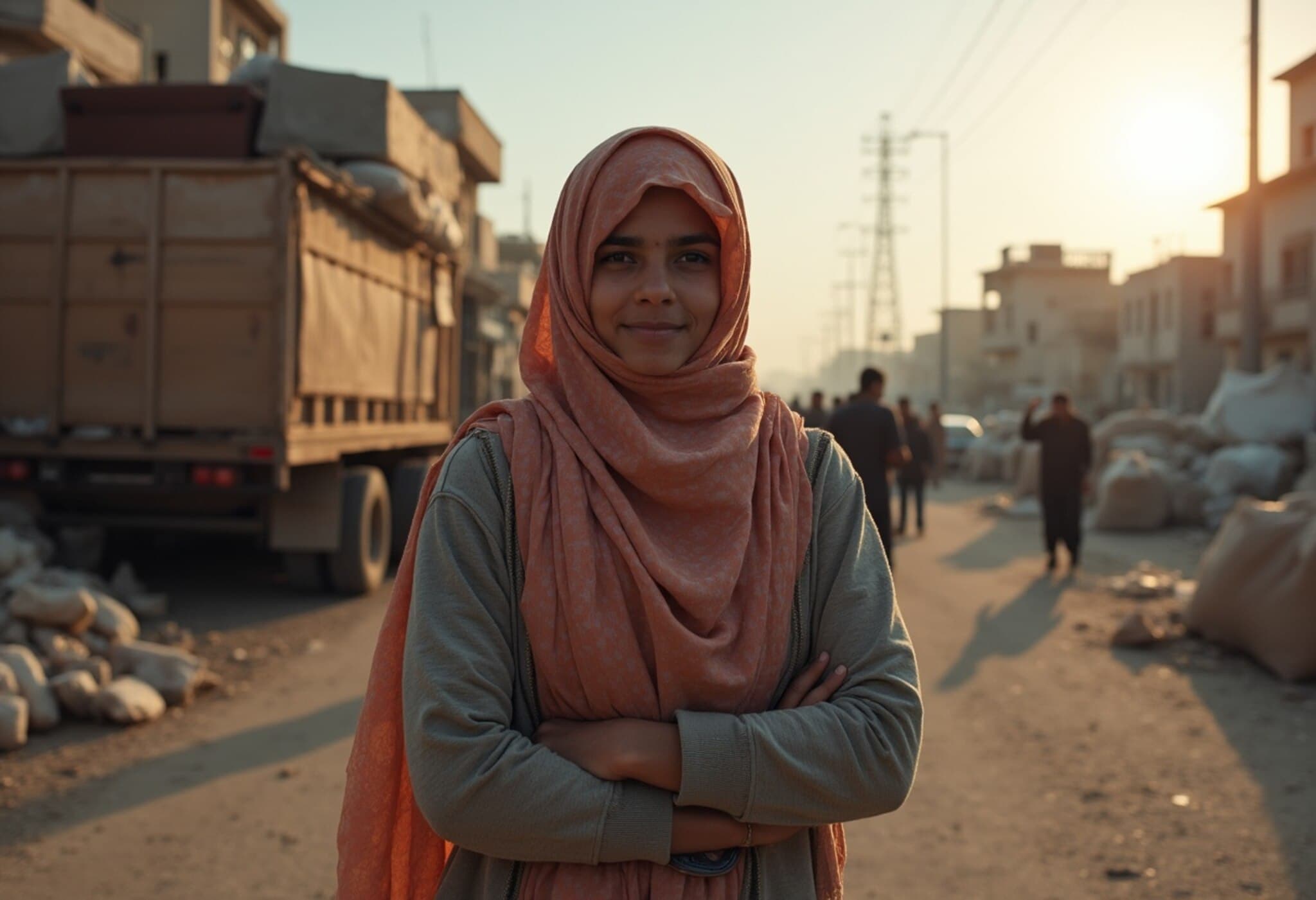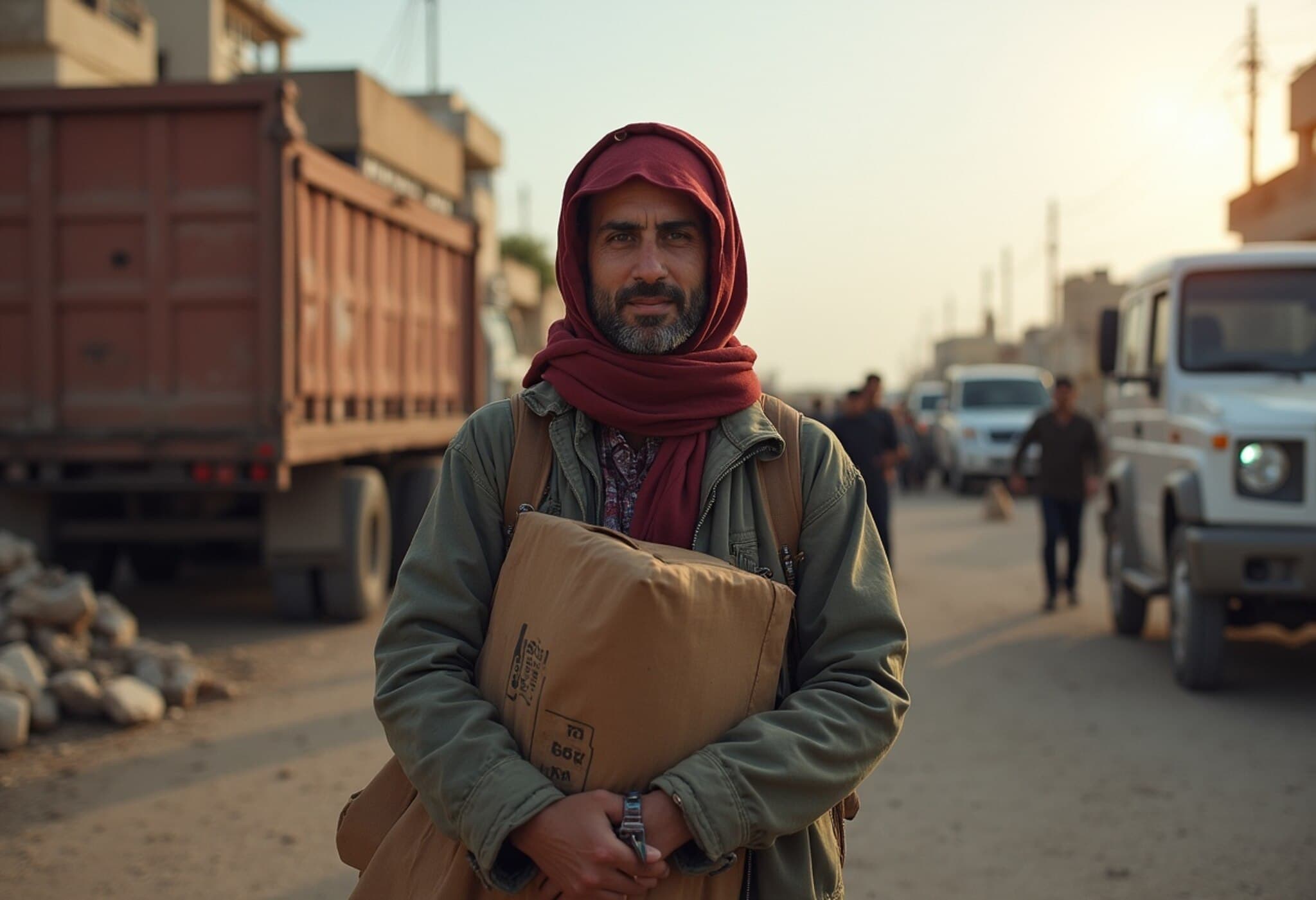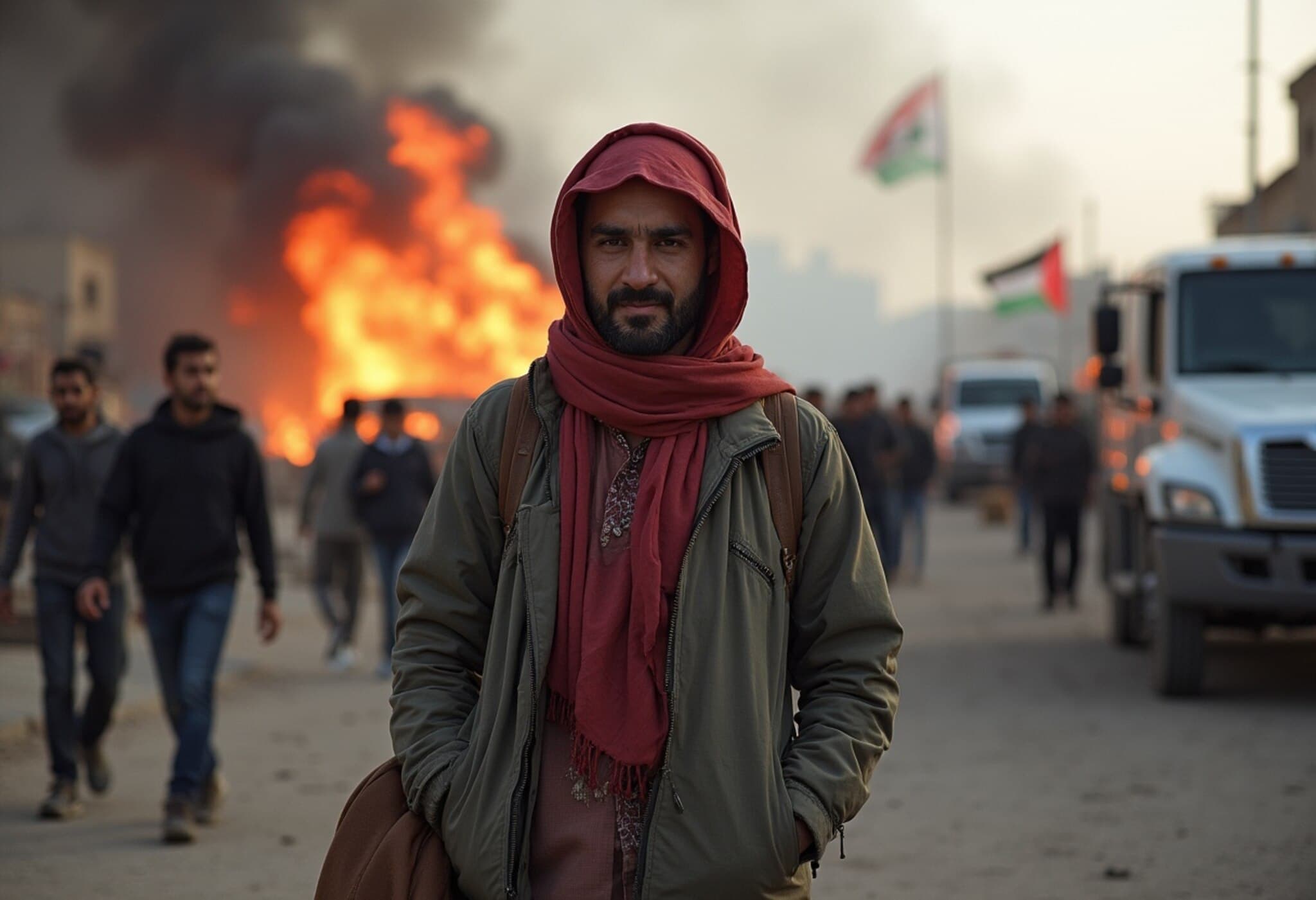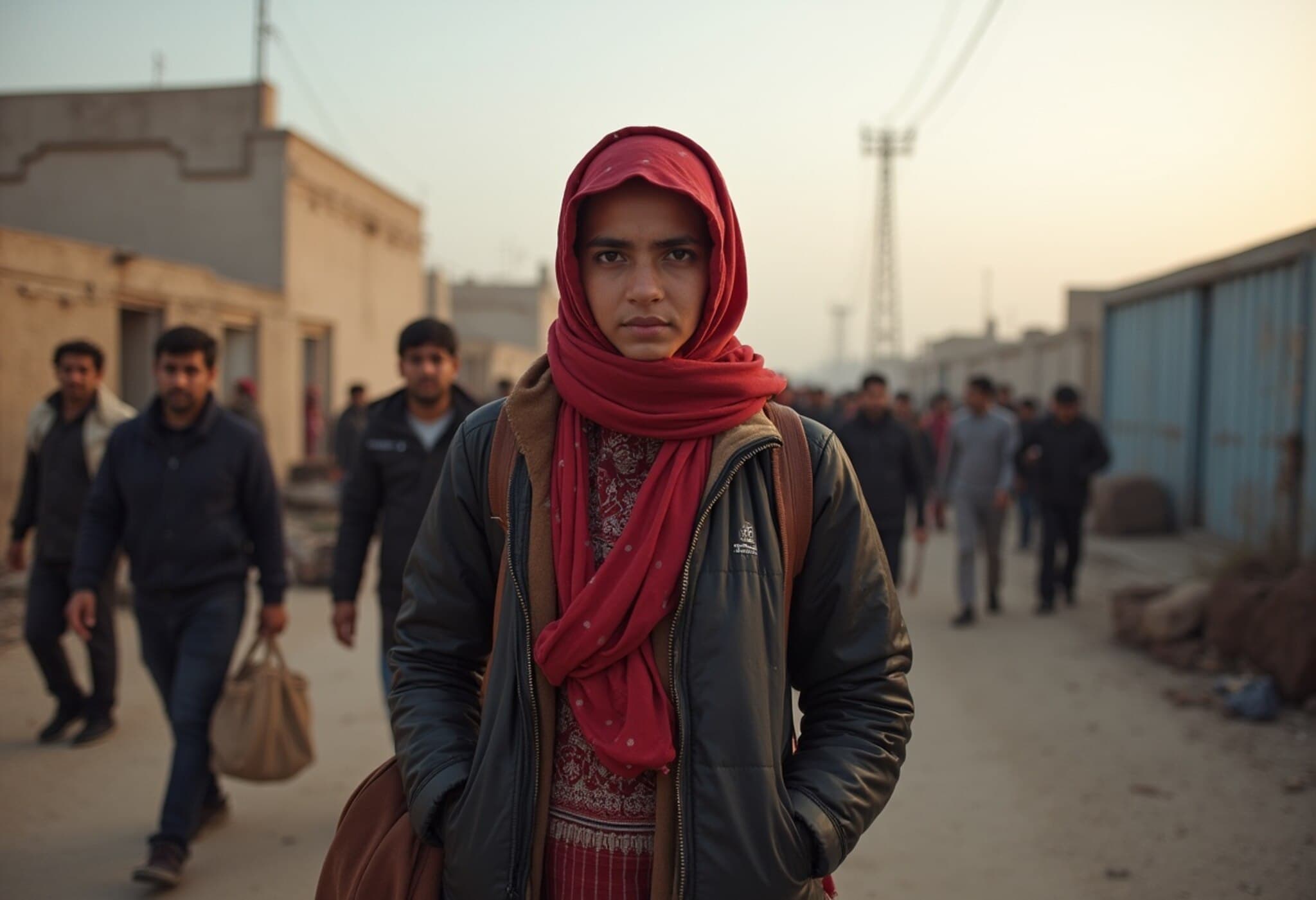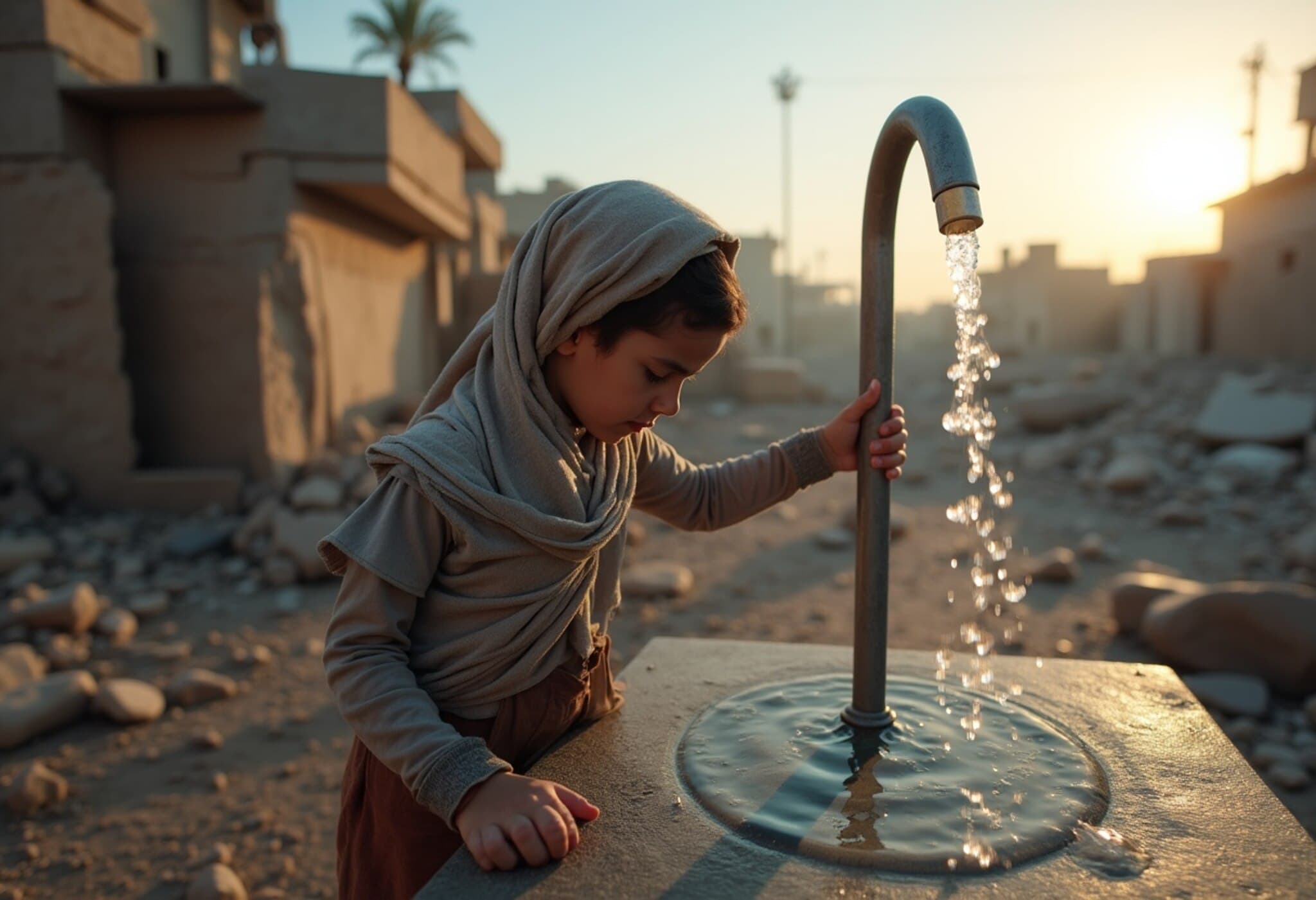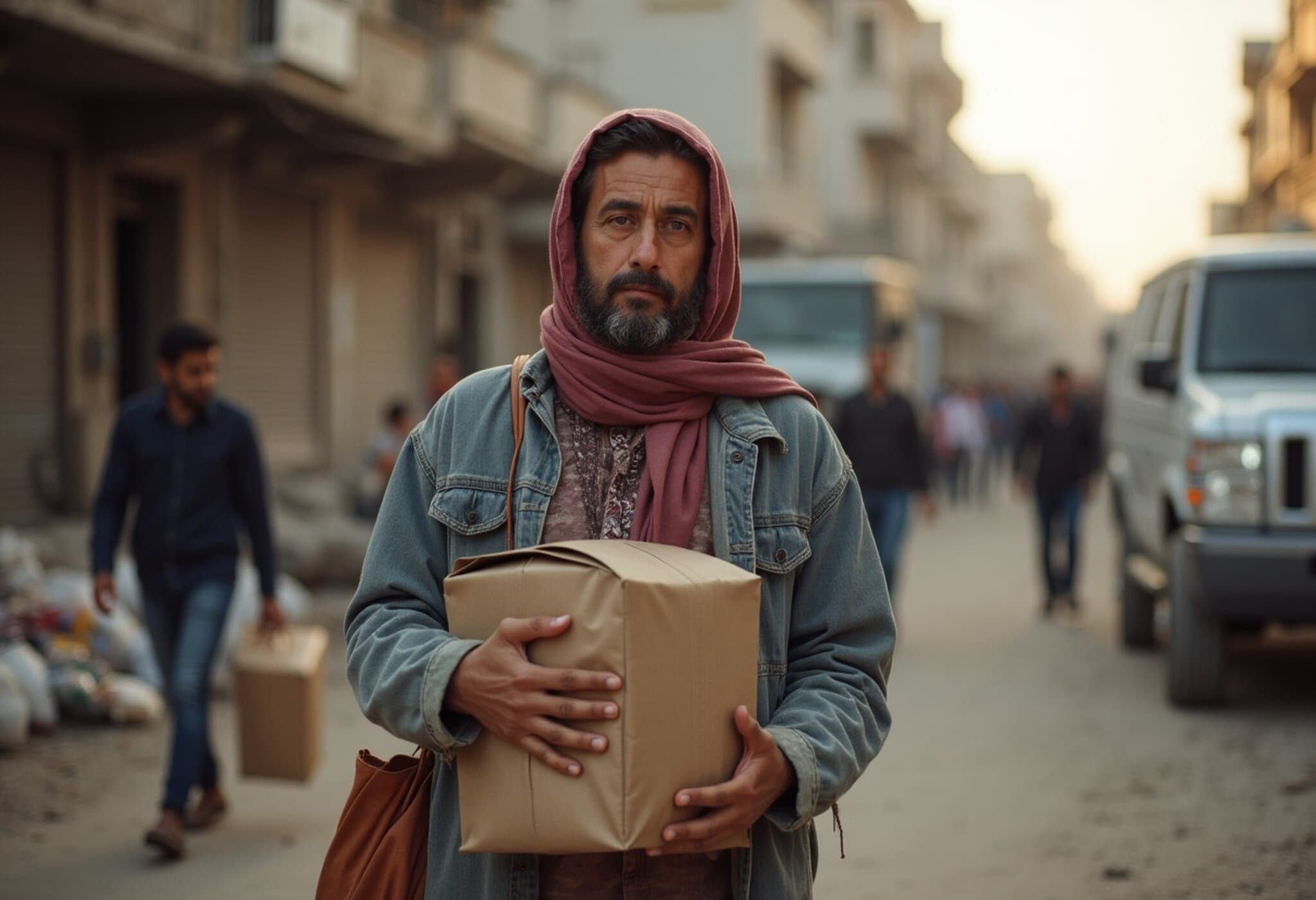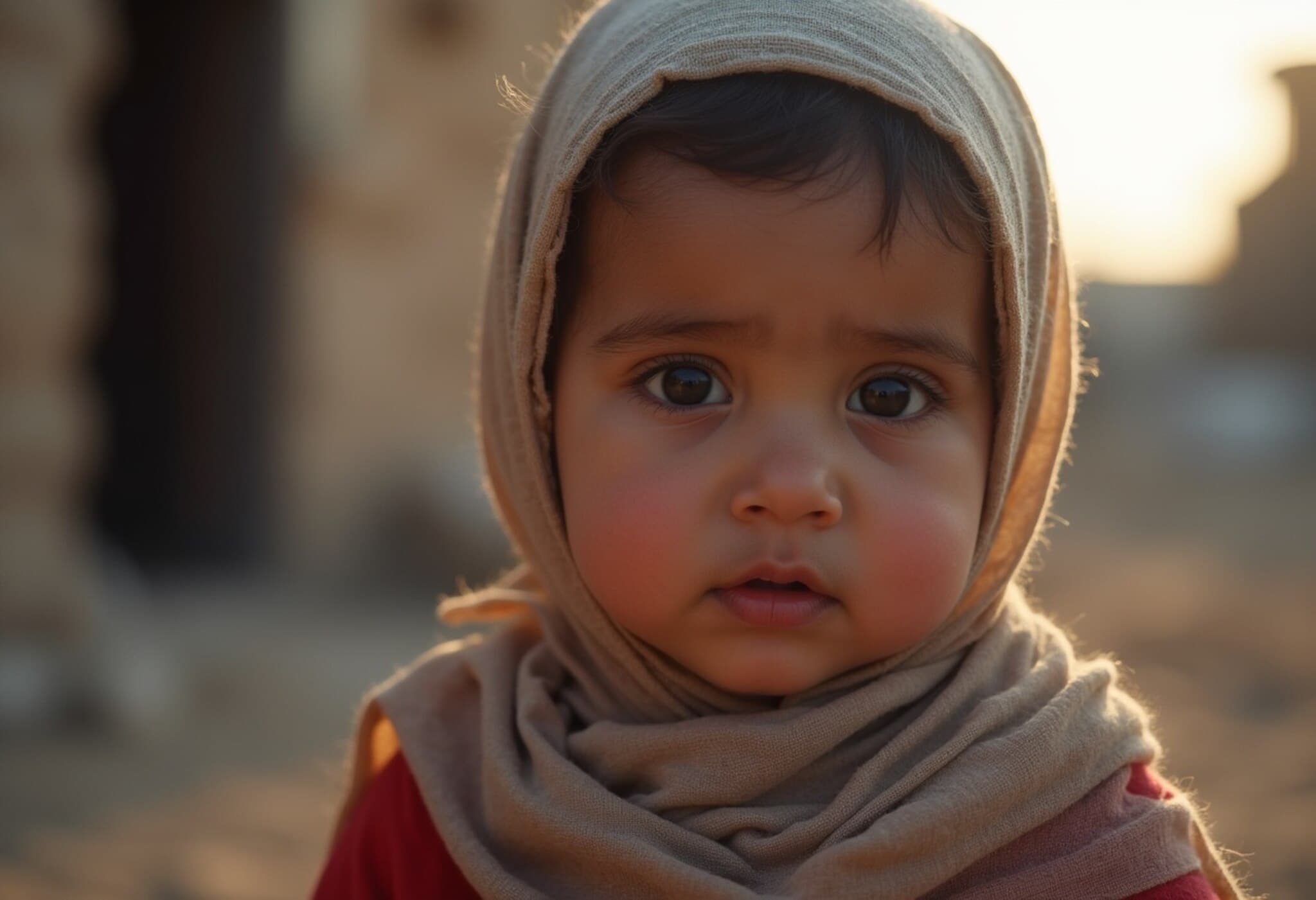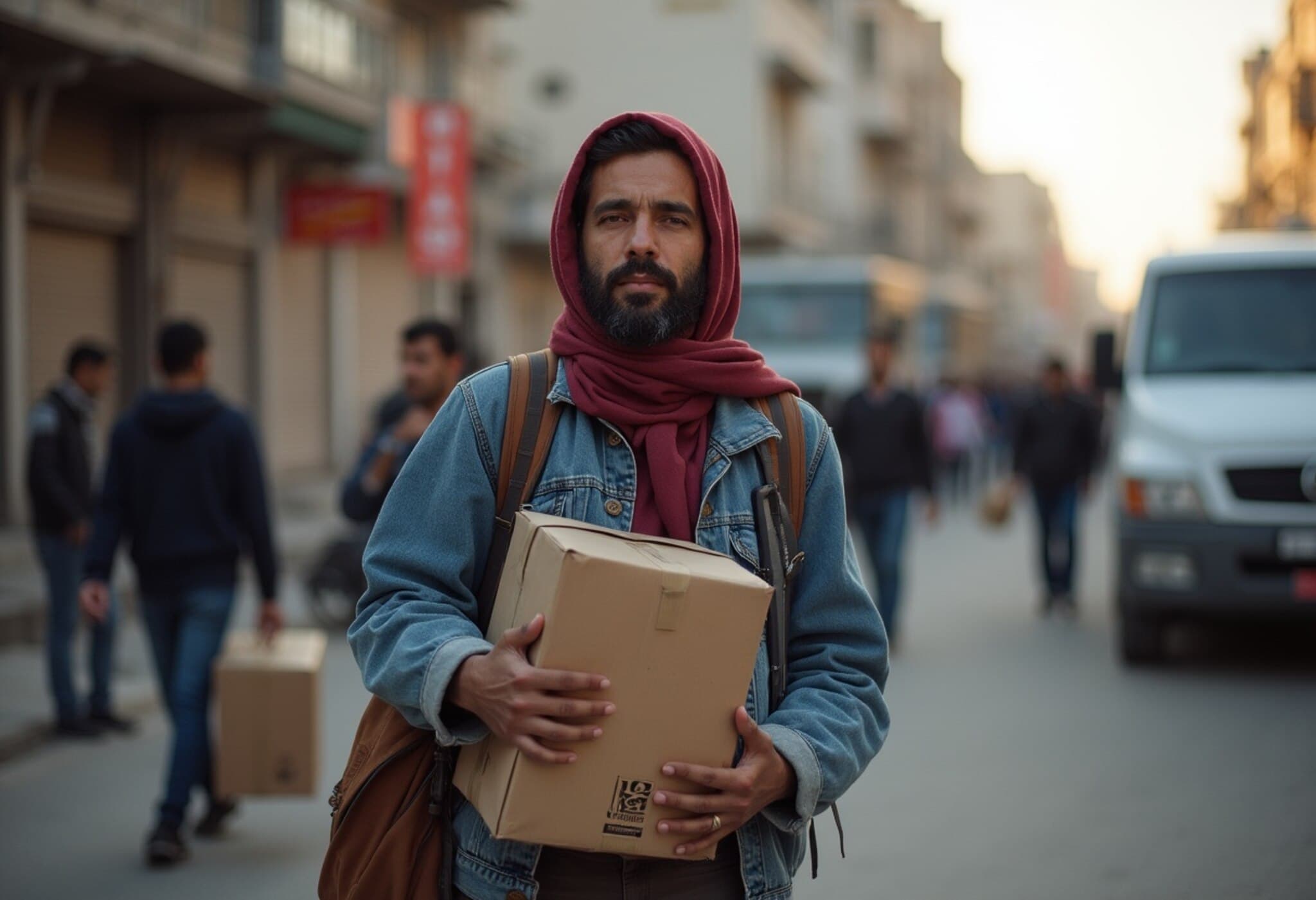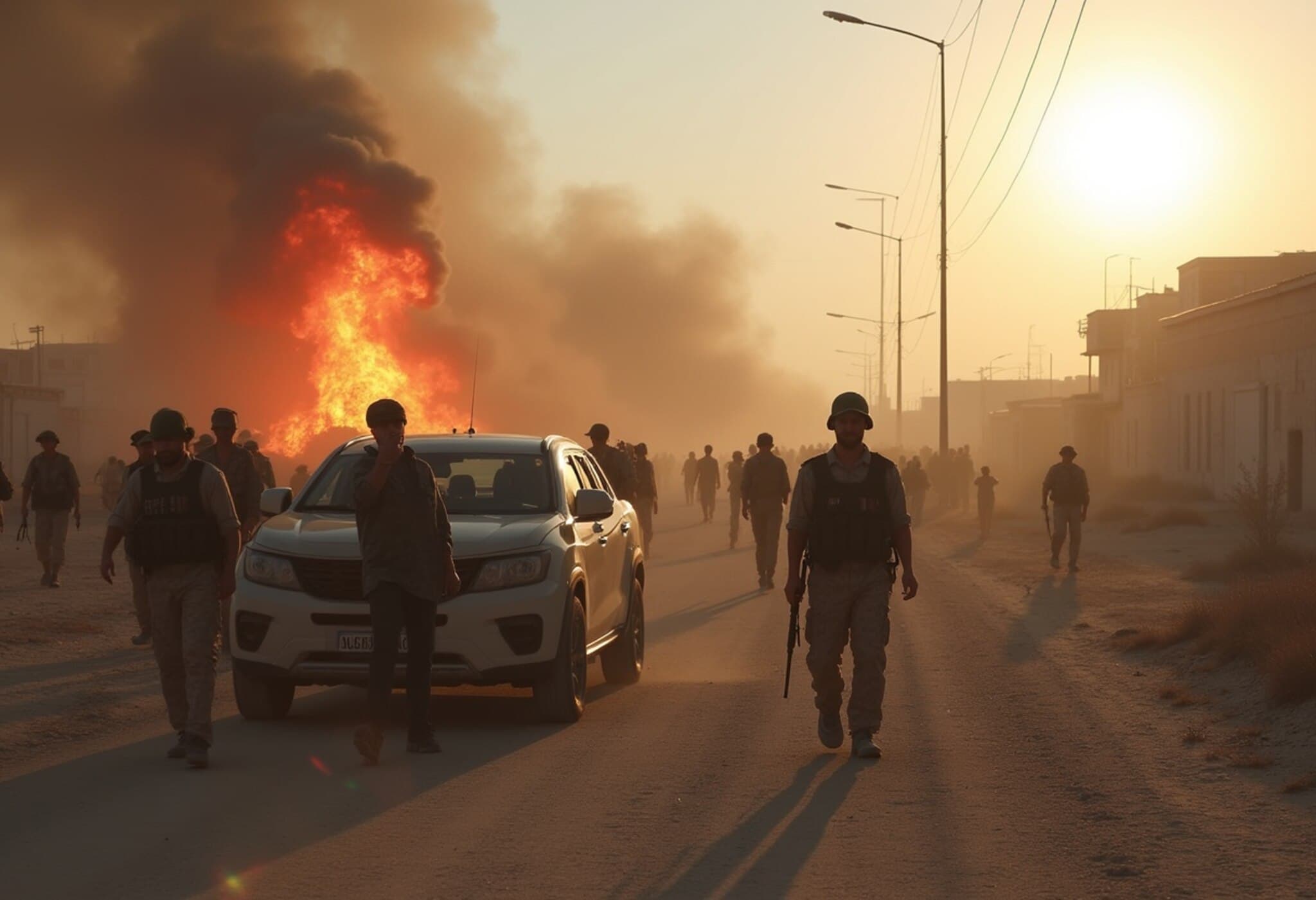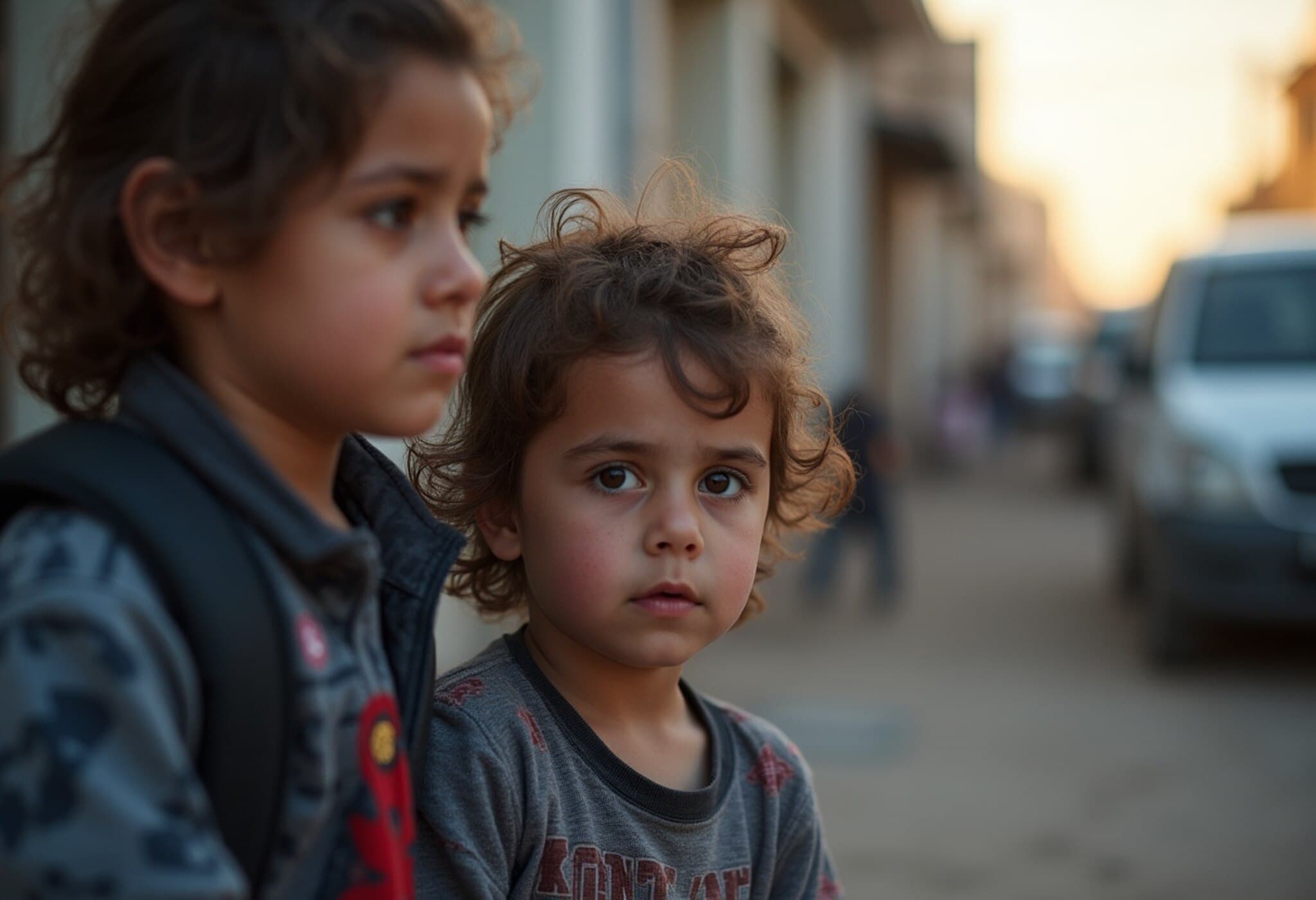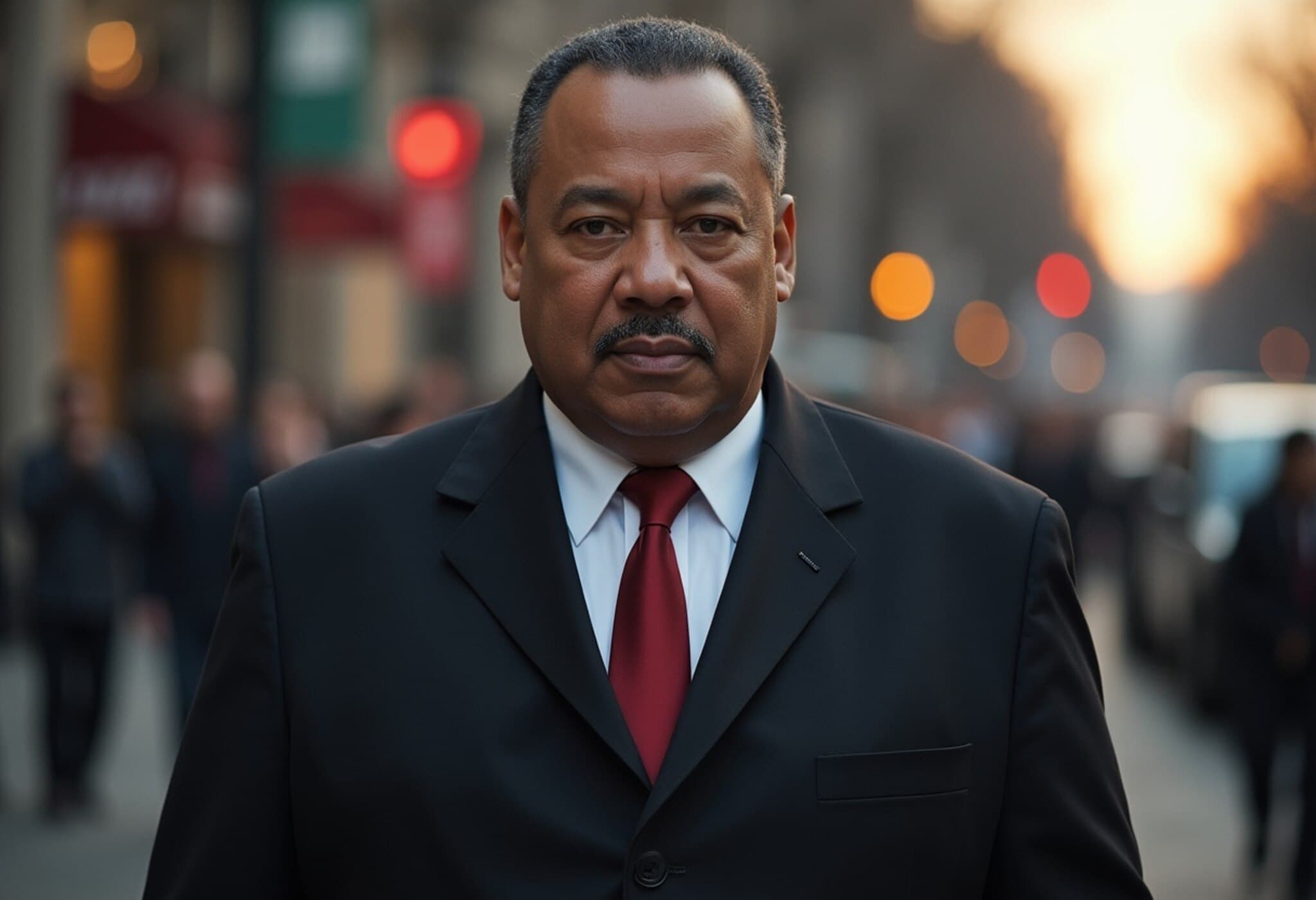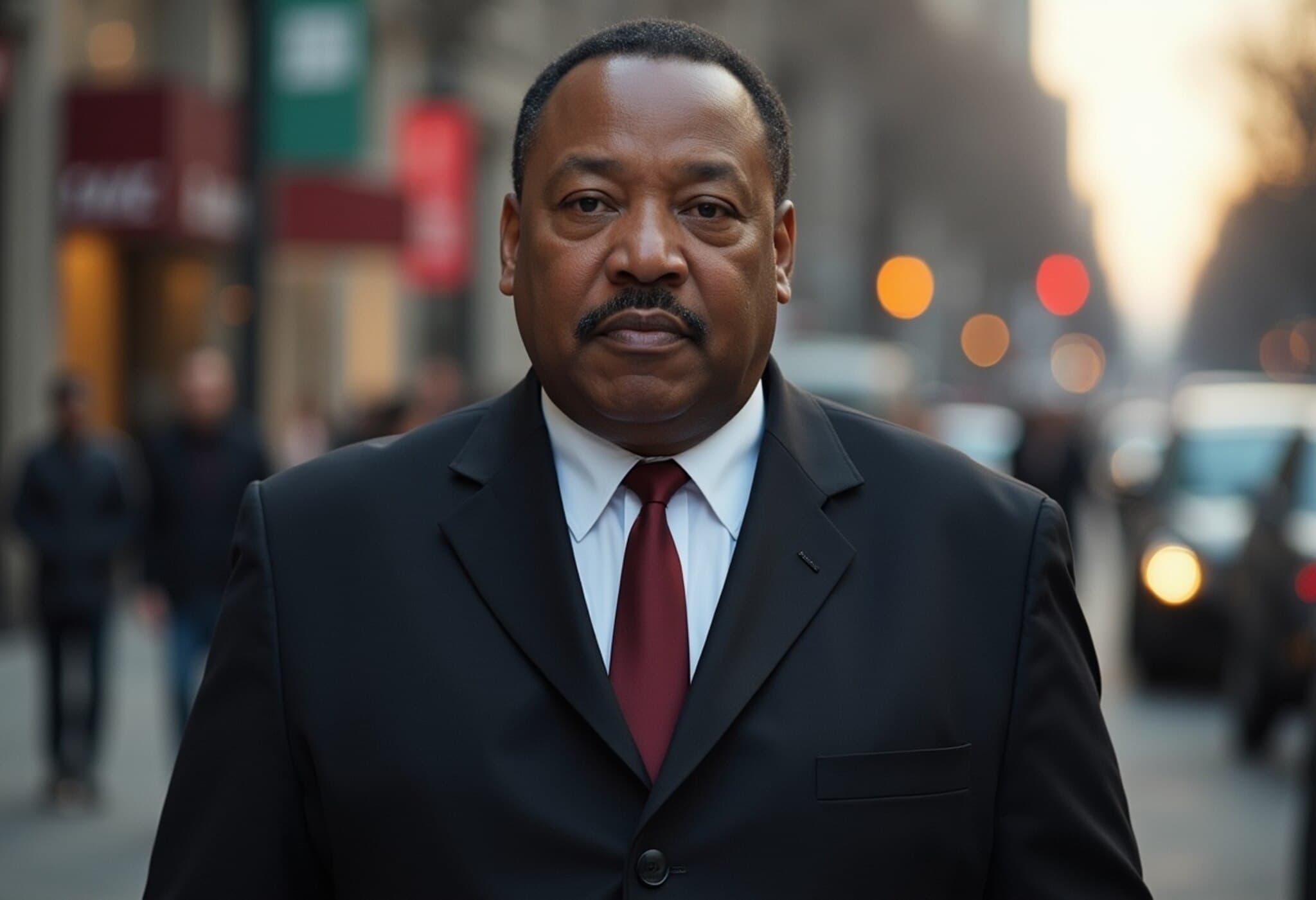WHO Condemns Israeli Military Strikes on Gaza Facilities
The World Health Organization (WHO) has publicly accused the Israeli military of launching airstrikes on its key facilities in central Gaza, specifically targeting its main warehouse and staff residence in Deir al-Balah. These incidents occurred amidst escalating military operations in the region, raising deeply troubling concerns regarding the safety of humanitarian workers and the continuity of vital aid services.
Details of the Attack and Humanitarian Impact
On Monday, three airstrikes reportedly struck the WHO compound, igniting a fierce fire and causing extensive structural damage. The attack endangered WHO staff and their families, including children, forcing women and children to flee on foot through an active conflict zone. Alarmingly, male WHO staff and their relatives were allegedly detained under harsh conditions, including handcuffing, stripping, and interrogation at gunpoint. At least two staff members and two family members were arrested, with only three having been released so far.
WHO Director-General Tedros Adhanom Ghebreyesus sharply condemned the attacks and urged the immediate release of detained personnel. He emphasized the necessity of safeguarding all humanitarian workers engaged in relief efforts within this volatile environment.
Context: Escalation in Deir al-Balah and Humanitarian Strain
Deir al-Balah, a densely populated area heavily affected by over 21 months of conflict, has witnessed fresh Israeli military advances, including the deployment of tanks for the first time into its southern and eastern neighborhoods. Israeli authorities claim this operation aims to dismantle Hamas’s infrastructure, amid suspicions that hostages might be held nearby. Tragically, the intense shelling has caused casualties among civilians, including deaths and injuries in residential zones and places of worship.
Simultaneously, the WHO’s main warehouse located in the evacuation zone was struck the day before, resulting in explosions and fires, further complicating humanitarian logistics. Despite these setbacks, the WHO reaffirmed its commitment to sustaining and even expanding humanitarian operations in Gaza, underlining the critical need to maintain medical and relief supplies for the beleaguered population.
International Response and Growing Calls for Ceasefire
The attacks on WHO facilities come as global voices intensify calls for a ceasefire in Gaza. A coalition of more than 20 nations, including the UK and Canada, have publicly demanded an immediate halt to hostilities, expressing alarm over the heavy civilian toll and alleged obstacles to the equitable distribution of aid.
Reports have emerged of dozens of Palestinians killed near food distribution points, spotlighting the humanitarian crisis unfolding amid military operations. These developments have intensified scrutiny on Israel's conduct and the urgent need to uphold international humanitarian law principles protecting civilians and aid workers.
Expert Insights: Navigating the Complexities of Humanitarian Work in Conflict Zones
From a policy and legal perspective, the targeting or endangerment of humanitarian personnel and infrastructure not only violates international law—including the Geneva Conventions—but also erodes vital trust needed for effective aid delivery. Humanitarian experts emphasize that safeguarding organizations like the WHO should be paramount, as their uninterrupted operations directly affect civilian survival during conflict.
Moreover, the incident raises critical questions about accountability and transparency in conflict zones. As hostilities prolong, the international community faces mounting pressure to not only mediate ceasefires but also ensure that humanitarian corridors remain inviolable, enabling workers to deliver essential services without fear.
Looking Ahead: The Urgent Need for Protection and Dialogue
As violence escalates in Gaza, the WHO’s experience underscores the dangerous environment humanitarian workers face and the urgent necessity for greater protective measures. The resilience of aid agencies to operate amid conflict is crucial, but it cannot substitute for political solutions that address the root causes and immediate cessation of hostilities.
The situation in Deir al-Balah symbolizes the broader crisis engulfing Gaza—where civilians and aid workers alike grapple with the consequences of warfare. International stakeholders must heed WHO’s calls and reinforce mechanisms that respect humanitarian mandates, fostering an atmosphere where relief efforts can proceed safely and effectively.

